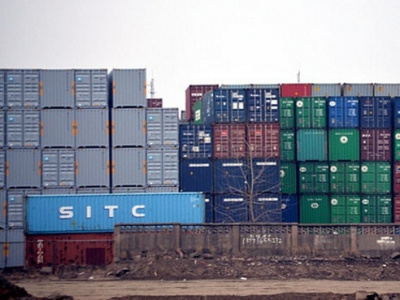
The Senate may vote this week on the “Marketplace Fairness Act,” a bill to require online retailers with over $1 million in out-of-state sales to charge state and local sales tax based on where the goods are shipped, according to the New York Times. Currently, sales tax is charged only in jurisdictions where the retailer has a physical presence.
A Senate procedural vote on Wednesday passed handily, although prospects in the House are less certain.
Amazon has actually dropped its opposition to the bill, according to the Times; it is rapidly expanding its distribution network to so many states that it will soon have to charge sales tax in many states anyway. But eBay is continuing to oppose the bill, arguing that the bookkeeping requirements for its smaller sellers dealing with over 9000 sales tax jurisdictions would be too onerous. It is arguing for a $10 million limit on out-of-state sales before online retailers would be required to charge sales tax.
The bookkeeping argument probably isn’t a great one, as the reseller platforms and e-commerce software providers will probably quickly react with the tax databases needed to manage the issue. The argument that this is a tax increase seems soft as well. Consumers are actually supposed to pay sales tax directly to their state governments on purchases they make from out of state (although almost no one does); so technically, requiring retailers to collect the tax is merely a difference in how the taxes are collected.
What is certain is that if the Marketplace Fairness Act passes, brick and mortar retailers will gain ground in price competition against online retailers that have not been charging sales tax, which has been shown to make a difference in where consumers buy (see “Sales Tax Matters”).







